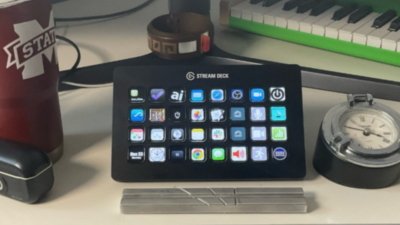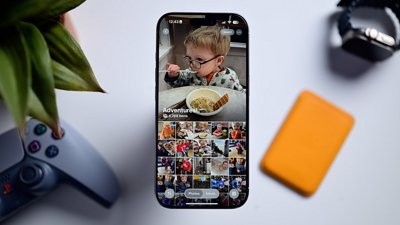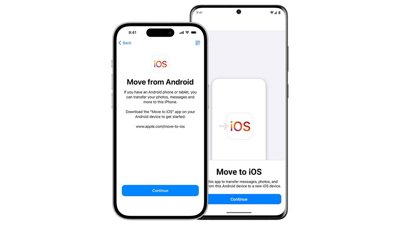At its Google I/O developer conference this week, Google showcased its new Android 4.1 update, dubbed Jelly Bean, which is set to roll out to consumers in July. Though the update is not a major 1.0 revision as some has expected, it does contain a number of new features, including the Google Now service, improved voice search and a "Project Butter" framework for reducing stutter across the OS.
Android's new voice search adds "cards" that resemble the custom user interfaces that Apple implemented with its own Siri voice-activated personal assistant. According to a side-by-side comparison of voice recognition queries on Google's and Apple's operating systems by PC Mag, Jelly Bean voice search "appears to work at least as well" as Siri.
It's the new predictive Google Now service, however, that could represent the company's true interest in the future of search. Last year, Android boss Andy Rubin said he doesn't believe that phones should "be an assistant" or that users should have to be "communicating with the phone."
Google Now eliminates the need for users to communicate with their phones by automatically detect ing the information a user is likely to need and preparing it ahead of time.
"Instead of having to sift through and organize all the information you need throughout your day, all that information is ready at the exact moment you need it," Google's promo video says.
For instance, the service would pull up weather information before the user left the house, then show traffic information on the commute to work. When a phone recognizes that it's near a bus stop or subway station, Google Now would display upcoming train or bus times. The service can even predict how long it will take for a user to get to their next appointment and send a notification when it's time to leave.
In some aspects, Google Now also mirrors functionality found in Apple's upcoming Passbook app. For instance, Passbook will use location data to automatically provide users with the appropriate card, such as a digital Starbucks membership card or a boarding pass.
Though it remains to be seen whether Google Now will function as promised, the service could condition users to get answers without having to ask for them, effectively bypassing the need for a virtual assistant like Siri or Android's own voice search. Whereas Apple's approach was to design Siri with the quirks and personality that make talking to it feel more like an human interaction, Google Now fits with Android's automated robot scheme.
Android 4.1 Jelly Bean will go out over the air to newer devices, such as the Galaxy Nexus, Motorola Xoom and Nexus S, in the middle of next month and will also be included on the upcoming Nexus 7 tablet from Asus and Google.
 Josh Ong
Josh Ong






-m.jpg)






 Christine McKee
Christine McKee
 William Gallagher
William Gallagher
 Amber Neely
Amber Neely

 Andrew O'Hara
Andrew O'Hara

 Sponsored Content
Sponsored Content
 Charles Martin
Charles Martin









128 Comments
But will it ever get an update from OEMs and telecoms?
[quote name="AppleInsider" url="/t/150992/google-now-personal-assistant-represents-search-giants-answer-to-siri#post_2136580"]Google Now eliminates the need for users to communicate with their phones by automatically detect ing the information a user is likely to need and preparing it ahead of time. [/quote] Yeah, good luck with that. Maybe Google should stop talking about things until they have something to show.
Using it right now on my Galaxy Nexus and it works great. Seems more robust and reliable than Siri
Just let us follow your every move, take note of what you do there... what you buy, drink, eat, and do, and we'll wait a minute what the hell are we proposing?
Maybe Google should stop talking about things until they have something to show.
They did showcase some examples in the keynote. I'm particularly impressed with the public transit schedule aspect of the service as this is something I have taken for granted in iOS maps, but they have taken it to a whole new level by incorporating GPS to know automatically that you are standing at a train platform or a bus station. It also alerts you when to leave by calculating your walking time to get to the station. Their traffic monitoring also looks really advanced. The cards are apparently pre-populated with relevant info although I would imagine it does use a lot of extra data in the background trying to anticipate what you will need next, so if you are on a small data plan you might get a surprise at the end of the month. Definitely not vaporware as you suggest.